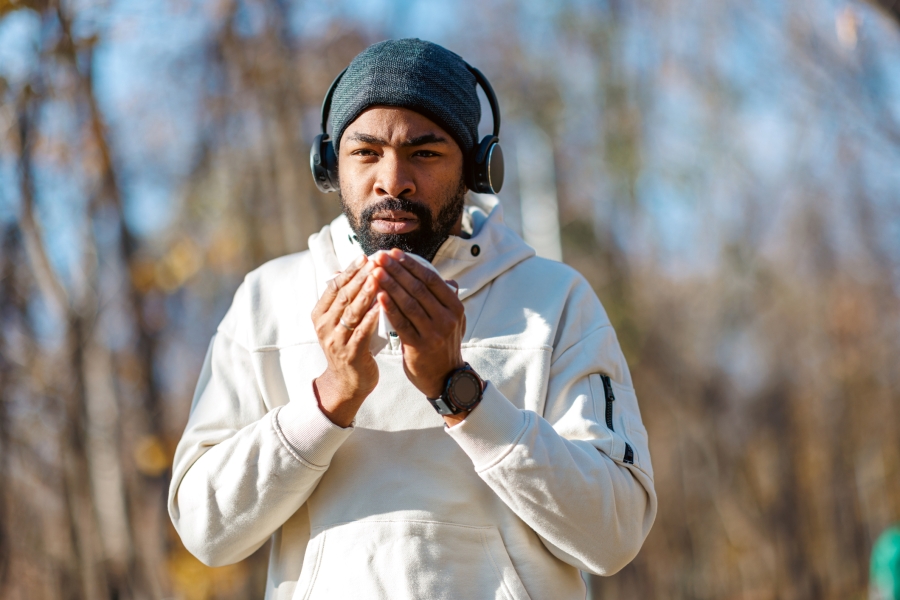Exercise plays an important role in keeping us healthy. This includes patients with Inflammatory Bowel Disease (IBD). Research studies suggest that exercise may be helpful in dealing with IBD symptoms and in preventing disease-related or medication-induced complications. For most patients, exercise will not worsen IBD and will not cause a flare of disease.
Research shows that some of the benefits of exercise can be a greater sense of well-being and a decrease in certain medical problems, such as heart disease and cancer risk. Patients with IBD may also benefit from exercise. Walking can improve mood and quality of life, in addition to improving overall fitness and body mass index (BMI). Yoga or Pilates can reduce anxiety and stressful feelings. Unfortunately, patients with IBD -- especially those with Crohn's disease -- are more likely to be sedentary than patients without disease, even in the absence of disease activity. It is important that patients with IBD maintain or develop an exercise program.
Patients with IBD may be weaker than their non-IBD friends and family members. Studies have demonstrated muscle weakness, especially in the lower extremities. It is not clear why this happens. It does not appear to be related to the use of steroids or due to a flare of disease. Weight training may help reduce or prevent this problem. Additionally, patients with IBD, especially Crohn's disease patients, may be at higher risk of osteopenia and osteoporosis. This may be due to problems with absorption or side effects of medication. Strength training and low impact activities, including walking, may help improve mineralization of the bones.
Some patients with IBD may have arthritis-related problems. Some may have painful or swollen joints related to their IBD, or may have associated problems such as ankylosing spondylitis or rheumatoid arthritis. Exercises such as swimming may help reduce or prevent stiffness of the joints.
Exercise may help the immune system function better, reducing the activity of disease. Studies show that regular exercise may help prevent the development of IBD in those who do not have the disease.
There are, of course, some obstacles for patients who have moderate to severe IBD or who have recently had surgery. Speak to your doctor and work together to develop an exercise program that is best for you.
The information on this Site is for informational purposes only and is not intended as a substitute for medical professional help, advice, diagnosis or treatment. Always seek the advice of your physician or other qualified health care provider with any questions that you have regarding your medical care. For more information, see our Terms of Use.

